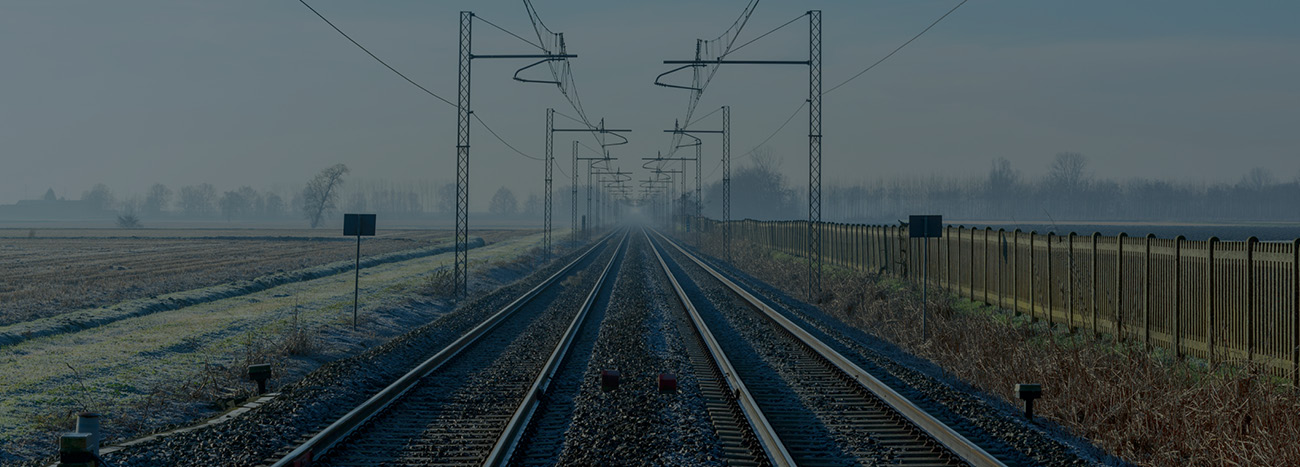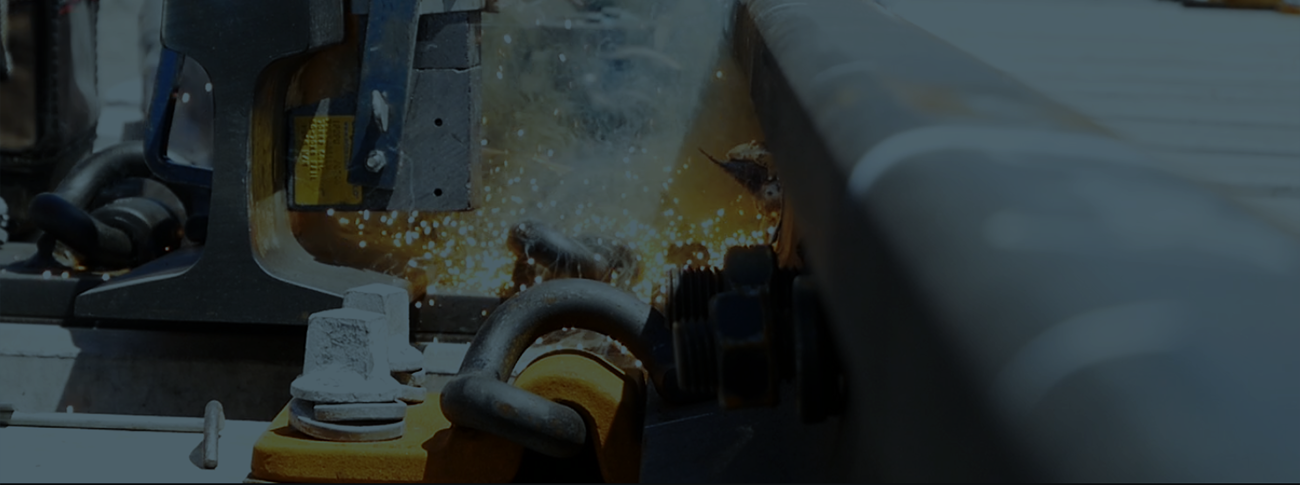Rail track alignment design is a specialist technical skill critical to the safe and efficient construction of railway infrastructure, from level crossings to new lines, or refurbishments. It’s a skill that is in acute demand as Australia gears up for a $155 Billion investment in rail over the next 15 years.
This micro-credential gives experienced engineers the opportunity to have their existing ability to develop rail track alignment designs recognised and verified to the level of the Engineers Australia Rail Track Specialisation, an industry endorsed standard of practice. It demonstrates your ability to:
- develop fit for purpose track alignment designs
- carry out necessary clearance checks to ensure safe train movements
- design and coordinate of track vertical and horizontal geometry, superelevation and deficiency for mainline curves
- coordinate rail track design with other disciplines
Rail Track micro-credentials are awarded for proven capability and experience through our assessment pathway.
If you are an experienced practitioner and are seeking recognition of your skills, knowledge and capabilities, the assessment pathway is for you. Completed 100% online, it includes:
- access to our EngLearn platform to lodge your assessment submission
- assessment of your submission by our qualified assessors
- a digital badge upon successful completion
EA members get 15% off on selected workshops and training. Not a member? Sign up now
*1% credit card surcharge applies.
Any questions?
Contact us
We estimate this pathway will take six - nine hours of preparation and submission time.
Candidates have up to three months from registration to complete their submissions.
1 January - 31 December
Once you register, you will be provided with a confirmation email containing instructions on how to complete your micro-credential, including how to access the EngLearn platform and submit your assessment.
We can tailor group packages for teams to align with your business objectives or L&D needs.
For more information, submit an enquiry or call us on +61 3 9321 1700.
To gain this micro-credential, you will need to demonstrate that you do the following in the workplace:
- Develop a fit for purpose (including safe and sustainable) mainline track alignment design which incorporates:
- design track alignment horizontal layout
- design applied can't (superelevation) and deficiency for mainline curves
- design track vertical alignment
- coordinate track vertical and horizontal geometry
- clearance checks to ensure safe train movements
- coordinate rail track design with other disciplines
- Track Designs should cover at least two of the following applications:
- construction of a new mainline section of track
- construction of a track for a rail yard
- construction of a new level crossing
- integration of an existing turnout design to a track
- construction of a new (bespoke) turnout
- reconditioning of existing track
- relocation of track alignment
For full details of the criteria, view the participant guide.
This micro-credential is assessed as part of the Engineers Australia Rail Track Specialisation.
To earn a micro-credential, you will need to show that you meet the criteria in practice. To do this, you will prepare an assessment submission consisting of:
- at least two workplace examples from the last two years
- evidence to support demonstration of the workplace examples, addressing each criterion
- a written explanation of how the workplace evidence relates to each criterion
- a video interview where you answer questions about your workplace examples
A workplace example is an occasion where you’ve applied the skills and knowledge of the micro-credential. For this micro-credential, suitable examples may include development of rail track alignment designs for:
- construction of a new mainline section of track
- construction of a new rail yard, level crossing or turnout/crossing work
- reconditioning of an existing section of track
- refurbishment of a turnout
There are many different examples that could be used to show your ability in practice. The same example could be used on two separate occasions or two different examples could be used on two separate occasions.
If you’re not sure, refer to the participant guide.
Evidence is the documentation that supports your workplace examples. Evidence can be submitted in a range of forms. It may include, but is not limited to:
- track alignment design documentation
- completed track alignment plans (2D or 3D) including
- vertical alignment design
- horizontal layout design
- superelevation (cant)
- location of assets, clearances and site considerations - design plans
- environmental surveys or plans
- risk management processes with differing train types for track design
- network diagrams and system schematics
- clearance checks and/or analysis
- project reports
Is this micro-credential for you?
This micro-credential is suitable for experienced rail sector practitioners who are seeking recognition of capabilities against the Engineers Australia Rail Track Specialisation. You may have been working for an internal team or as an external contractor.
If you want this micro-credential but don’t yet have the right skills, knowledge and experience, we recommend enrolling in the Diploma of Engineering Infrastructure (Rail).
We recommend allowing the following time to complete each element:
- Assessment submission – allow six - eight hours to collate, prepare and submit your assessment submission.
- Video interview – allow 25 minutes.
You have three months from registration to complete all elements of the assessment pathway and finish your assessment submission.
If you want this micro-credential but don’t yet have the necessary skills, knowledge and experience, we recommend enrolling in the Diploma of Engineering Infrastructure (Rail).
You will be provided with the opportunity to resubmit if your original submission isn’t deemed satisfactory. Your assessor will provide you with detailed feedback on areas and evidence to improve.
To appeal, apply in writing to [email protected]. When we receive your request, a second assessor will review and assess your portfolio of work and the feedback provided by your original assessor.
Where the outcome of the second assessment agrees with the original assessment, the result stands. Where the assessment outcome is inconsistent, we will engage a moderator to assess the submission, and the outcome of the moderator’s assessment will be final.


